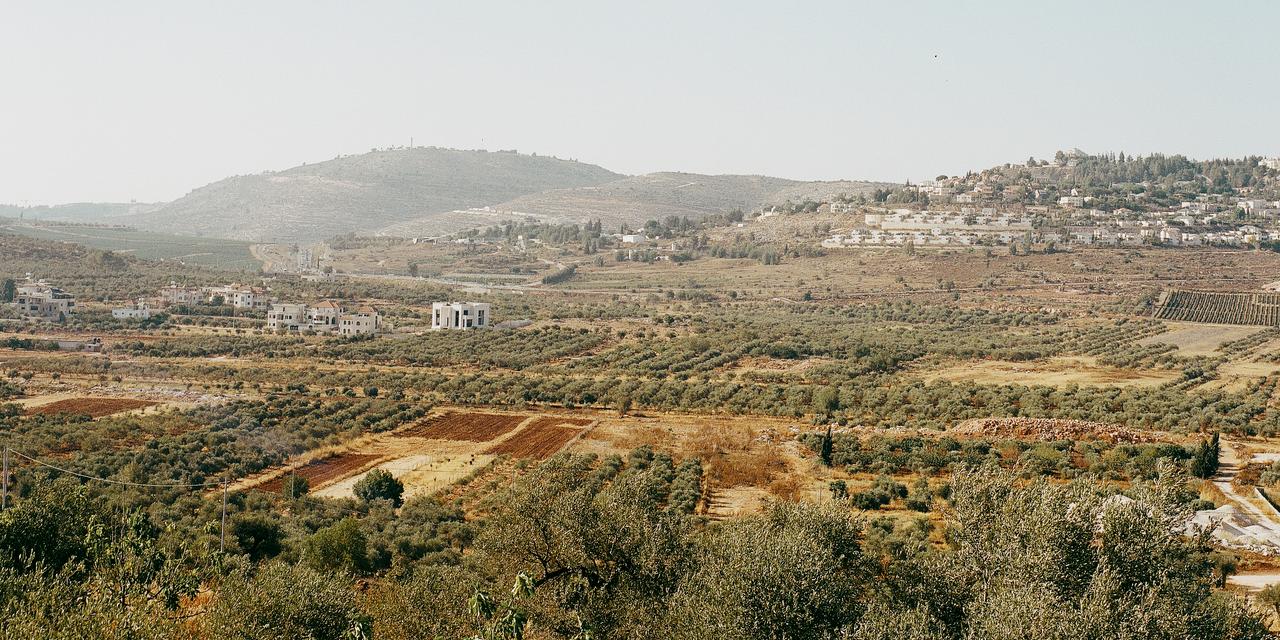


The West Bank village of Palestine's forgotten Americans
FeatureIn the occupied West Bank, 85% of Turmus Ayya's population are American-Palestinian citizens. Every summer, these dual nationals return to visit their families and maintain ties with their homeland. They find that their American passports offer no immunity from persecution by the army and settlers in this territory, where illegal Israeli settlements are rapidly expanding.
It had been three months since Muhammad Rabee last opened the bag containing the bloodstained clothes of his son Omar. He needed time, distance. He needed to begin to accept that his 14-year-old son would never return home. Omar Rabee was killed on April 6 by Israeli soldiers in the village of Turmus Ayya, in the occupied West Bank. "We identified three terrorists who hurled rocks toward the highway, thus endangering civilians driving. The soldiers opened fire toward the terrorists who were endangering civilians, eliminating one terrorist and hitting two additional terrorists," the army wrote that same day on its X account.
Muhammad Rabee, a 43-year-old building contractor, recalled that spring day when his son Omar went out walking with friends among the almond groves at the edge of the village. "They must have seen soldiers making an incursion, maybe threw some almonds at them, at most some stones. Omar was a calm, quiet boy, he didn't like conflict. And above all, he was only 14 years old. Do you hear me? Fourteen. That's not an age to be shot a dozen or so times at point-blank range, from the head to the stomach," lamented the devastated father, whose grief was so heavy it choked off his tears. The autopsy report, issued on April 7 under the authority of the Palestinian justice ministry, stated that Omar Rabee had been struck by 16 bullets, two of them to the head.
In the house, the fresh-faced image of the young boy, the youngest of five siblings, was everywhere that July day: on large posters hanging from the front of the house, in photo frames, on a golden plaque depicting historic Palestine before the creation of the State of Israel, flanked on the left by a Palestinian flag and on the right by a US flag. Omar Rabee, like his family, was American. He came from Clifton, New Jersey.
You have 86.97% of this article left to read. The rest is for subscribers only.
